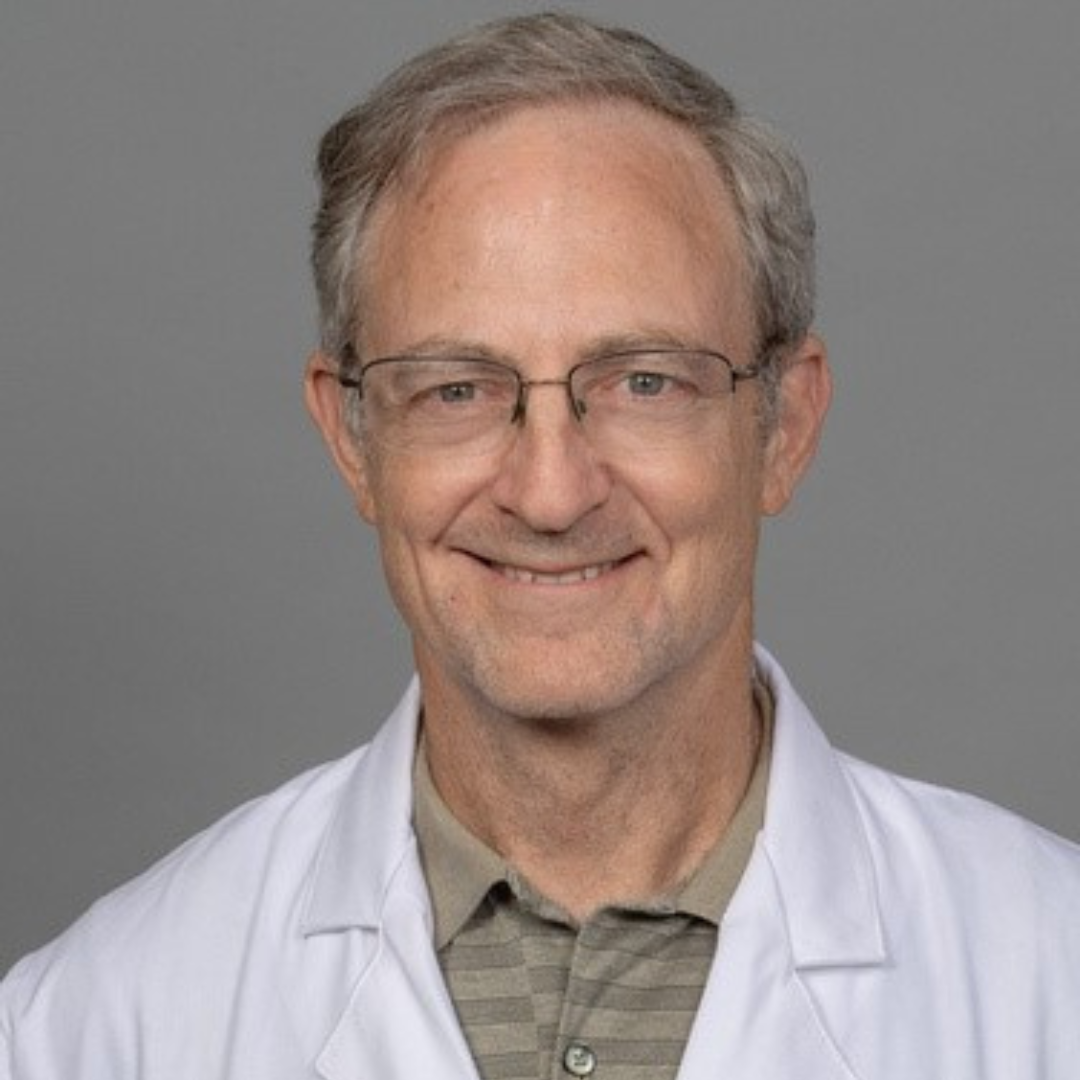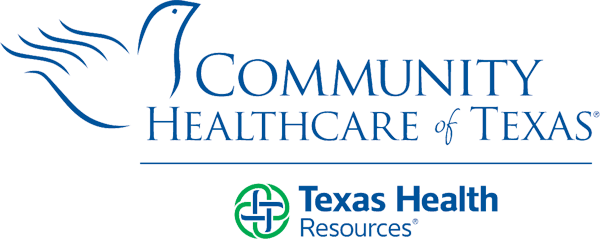Meet Chief Medical Officer – Dr. David Capper

At Community Healthcare of Texas, our physicians are essential members of a patient’s care team. They provide guidance and medical oversight in caring for patients with a life-limiting disease.
Earlier this year, Dr. David Capper was named our new Chief Medical Officer, and he is already making an impact in the lives of our patients and their families. He is well-known as an end-of-life care expert and highly respected for his service to the community. He recently shared what called him to medicine, what motivates him, and his advice to patients.
When did you know you wanted to be a physician?
I was lying on my back in a hospital bed, stuck in relative isolation for a week during the summer between my junior and senior years of college. What prompted this was a ruptured appendix, emergency surgery, and the unfortunate timing of it being the July 4th holiday. Being gifted with hours upon hours of silence and aloneness, the Lord captured my mind through long periods of prayer, from which I received a very clear direction to seek a medical education with the intent to do medical missions.
Looking back on your career thus far, what are you most proud of?
My medical career has been marked with great joy, challenges, an array of wonderful working relationships, and variety. Life has been a journey of stepping into opportunities as they have presented themselves.
I was fortunate during my residency to work in an inner-city clinic that serves people experiencing homelessness and a clinic for migrant farm workers and their families. After beginning to work in Fort Worth, a move of God brought several physicians and dentists together to form a local Christian Medical and Dental Association group which developed into founding Christian Community Health Services. This entity is still an active free clinic where we are fortunate to serve our fellow man now 34 years later, and I am blessed to continue to attend as the medical director.
Additionally, like my father, who was also a physician, I am naturally drawn to teaching. While in our office practice, my associates and I always had students or residents embedded as learners. When the TCU Burnett School of Medicine was being initiated, I was invited by a colleague to participate and subsequently was appointed as the chair of clinical sciences. This has been followed by immense blessings of participation in developing the school, teaching students, and realizing the vision of Dean Stuart Flynn to cultivate ’empathetic scholars.’
Who or what inspires you to go to work every day?
My chief inspiration comes from the Holy Spirit and the mission of each venture. Further, I am blessed with great encouragement from my wife, Dianne, emulation of my parents, the late Robert Capper, MD, and Barbara Clarkin. I am also encouraged by the motivation of my fellow co-laborers.
What questions do you recommend families ask when considering end-of-life care?
The most important reality for patients and families to accept is that death is natural. No one will escape life without dying. With that in mind, I see it as both an opportunity and a right for each of us to consider and plan for the “what ifs” that are often part of an unintended illness or a traumatic accident and ask questions like:
- What medical interventions are tolerable or intolerable to me?
- What is desirable and undesirable for my life? For example: living on a ventilator, losing my ability to communicate, being unaware of my surroundings or loved ones
- How do I feel concerning quality and quantity of life?
- Who will take care of me if I am unable to care for myself, and is this realistic?
- Do I have the resources to provide for my care?
- Would I be ‘ok’ with dying alone in a medical institution and on machines?
- Where do I prefer to die? At home, a hospital, or other medical facility?
What do you wish more people knew about hospice?
I wish people did not misinterpret ‘hospice’ as ‘death care’. It is still a common misconception that hospice is only for the very end and equates to pushing medication, particularly morphine, to help somebody ease out of their life. This is a terrible misrepresentation of hospice. Hospice is whole-person care delivered by a team of people and is available for patients once it is determined they have a terminal condition. Choosing hospice doesn’t have to be delayed until a person is actively dying. I am committed to helping and encouraging each person to live their best possible life each day and then to provide excellent care as they are dying.
What are you most encouraged about for the future of hospice care?
As more people embrace natural aging and ultimately dying, we have the opportunity to engage with families and communities to make these phases of life more meaningful for everyone. I believe this process will help rebuild and restore families, strengthen communities, and eliminate a good deal of unnecessary suffering that occurs in medical facilities.
![Community Healthcare of Texas [logo]](https://www.chot.org/wp-content/themes/community-healthcare-of-texas-2019/images/logo.png)




